Regulierung internationaler Finanzmärkte und Banken
Diese Forschungsgruppe analysiert Ursachen und Konsequenzen von internationalen Aktivitäten von Banken sowie den regulatorischen Rahmen, innerhalb dessen globale Banken operieren.
International aktive Banken können eine effiziente internationale Kapitalallokation vereinfachen und zur internationalen Risikoteilung beitragen. Allerdings können sie auch Instabilitäten generieren und zu einer Übertragung von Schocks über nationale Grenzen hinaus beitragen. Dies ist einer der Gründe für die aktuelle Re-Regulierung des internationalen Bankensystems.
Die Forschungsgruppe trägt auf drei verschiedenen Wegen zur Literatur bei. Erstens analysiert die Gruppe empirisch, warum internationale Banken global aktiv sind und wie Schocks im Finanzsystem übertragen werden. Zweitens untersucht die Gruppe das Entstehen von systemischen Risiken und Ungleichgewichten im integrierten Bankenmarkt und die sich daraus ergebenden Konsequenzen für die Realwirtschaft. Drittens werden die Auswirkungen von Änderungen bezüglich der Bankenaufsicht und Bankenregulierung analysiert, mit einem besonderen Fokus auf dem europäischen Integrationsprozess
IWH-Datenprojekt: International Banking Library
Forschungscluster
Wirtschaftliche Dynamik und StabilitätIhr Kontakt

Mitglied - Abteilung Finanzmärkte
PROJEKTE
07.2017 ‐ 12.2022
Die politische Ökonomie der europäischen Bankenunion
Europäischer Sozialfonds (ESF)
Ursachen für nationale Unterschiede in der Umsetzung der Bankenunion und daraus resultierende Auswirkungen auf die Finanzstabilität.
01.2015 ‐ 12.2017
Dynamic Interactions between Banks and the Real Economy
Deutsche Forschungsgemeinschaft (DFG)
Referierte Publikationen

Hidden Gems and Borrowers with Dirty Little Secrets: Investment in Soft Information, Borrower Self-selection and Competition
in: Journal of Banking and Finance, Nr. 2, 2018
Abstract
This paper empirically examines the role of soft information in the competitive interaction between relationship and transaction banks. Soft information can be interpreted as a valuable signal about the quality of a firm that is observable to a relationship bank, but not to a transaction bank. We show that borrowers self-select to relationship banks depending on whether their observed soft information is positive or negative. Competition affects the investment in learning the soft information from firms by relationship banks and transaction banks asymmetrically. Relationship banks invest more; transaction banks invest less in soft information, exacerbating the selection effect.
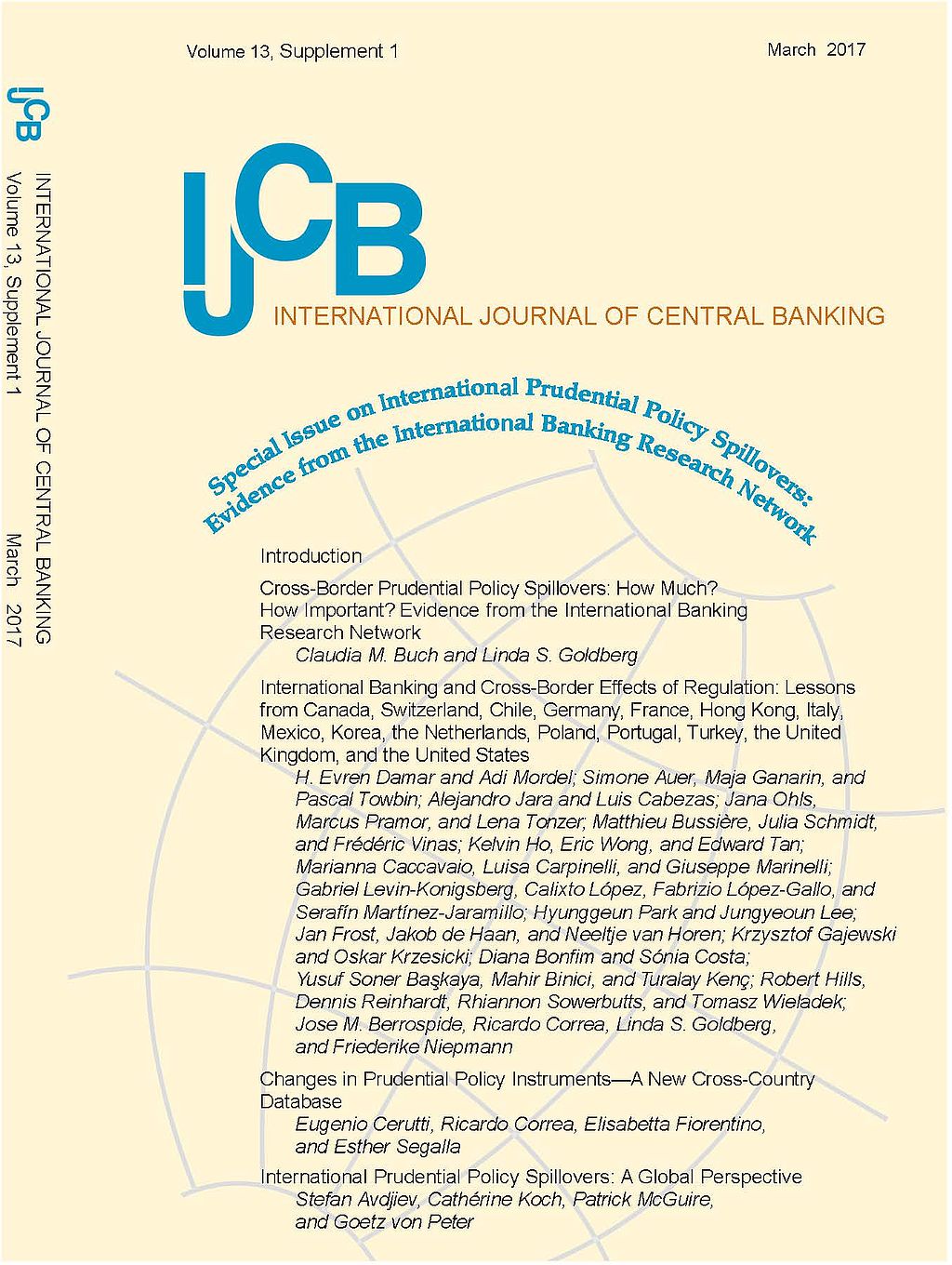
International Banking and Cross-border Effects of Regulation: Lessons from Germany
in: International Journal of Central Banking, Supplement 1, March 2017
Abstract
We analyze the inward and outward transmission of regulatory changes through German banks’ (international) loan portfolio. Overall, our results provide evidence for international spillovers of prudential instruments. These spillovers are, however, quite heterogeneous between types of banks and can only be observed for some instruments. For instance, domestic affiliates of foreign-owned global banks reduce their loan growth to the German economy in response to a tightening of sector-specific capital buffers, local reserve requirements, and loan-to-value ratios in their home country. Furthermore, from the point of view of foreign countries, tightening reserve requirements is effective in reducing lending inflows from German banks. Finally, we find that business and financial cycles matter for lending decisions.
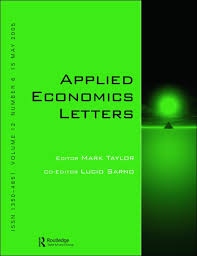
Bank Risk Proxies and the Crisis of 2007/09: A Comparison
in: Applied Economics Letters, Nr. 7, 2017
Abstract
The global financial crisis has again shown that it is important to understand the emergence and measurement of risks in the banking sector. However, there is no consensus in the literature which risk proxy works best at the level of the individual bank. A commonly used measure in applied work is the Z-score, which might suffer from calculation issues given poor data quality. Motivated by the variety of bank risk proxies, our analysis reveals that nonperforming assets are a well-suited complement to the Z-score in studies of bank risk.
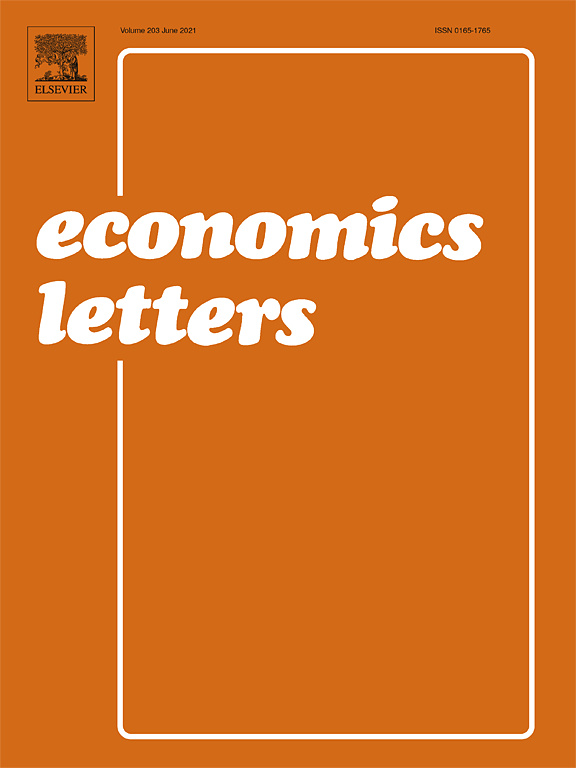
Complexity and Bank Risk During the Financial Crisis
in: Economics Letters, January 2017
Abstract
We construct a novel dataset to measure banks’ complexity and relate it to banks’ riskiness. The sample covers stock listed Euro area banks from 2007 to 2014. Bank stability is significantly affected by complexity, whereas the direction of the effect differs across complexity measures.
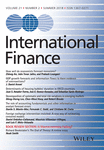
Sovereign Credit Risk Co-movements in the Eurozone: Simple Interdependence or Contagion?
in: International Finance, Nr. 3, 2016
Abstract
We investigate credit risk co-movements and contagion in the sovereign debt markets of 17 industrialized countries during the period 2008–2012. We use dynamic conditional correlations of sovereign credit default swap spreads to detect contagion. This approach allows us to separate contagion channels from the determinants of simple interdependence. The results show that, first, sovereign credit risk co-moves considerably, particularly among eurozone countries and during the sovereign debt crisis. Second, contagion varies across time and countries. Third, similarities in economic fundamentals, cross-country linkages in banking and common market sentiment constitute the main channels of contagion.
Arbeitspapiere
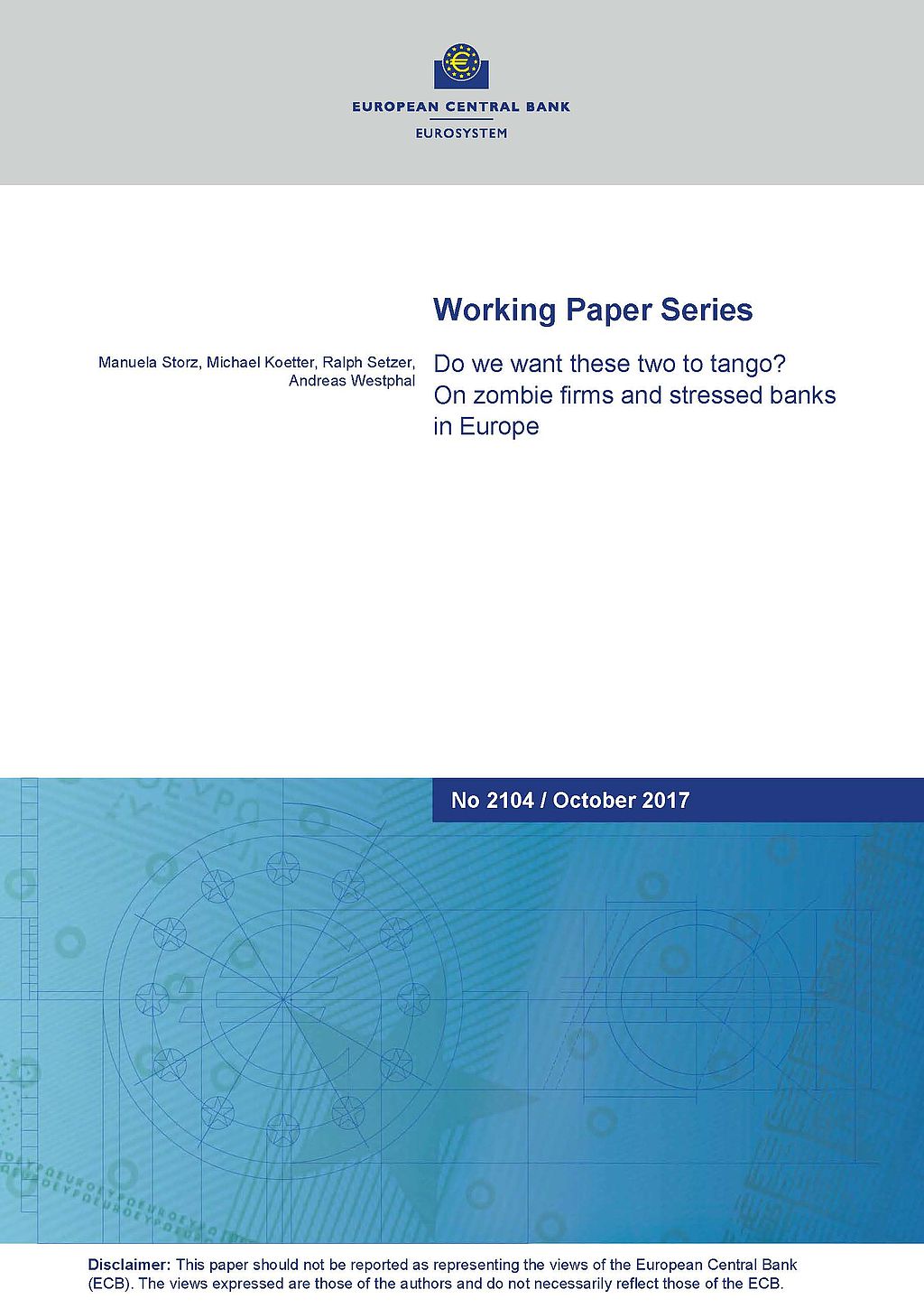
Do We Want These Two to Tango? On Zombie Firms and Stressed Banks in Europe
in: ECB Working Paper, 2017
Abstract
We show that the speed and type of corporate deleveraging depends on the interaction between corporate and financial sector health. Based on granular bank-firm data pertaining to small and medium-sized enterprises (SME) from five stressed and two non-stressed euro area economies, we show that “zombie” firms generally continued to lever up during the 2010–2014 period. Whereas relationships with stressed banks reduce SME leverage on average, we also show that zombie firms that are tied to weak banks in euro area periphery countries increase their indebtedness even further. Sustainable economic recovery therefore requires both: deleveraging of banks and firms.
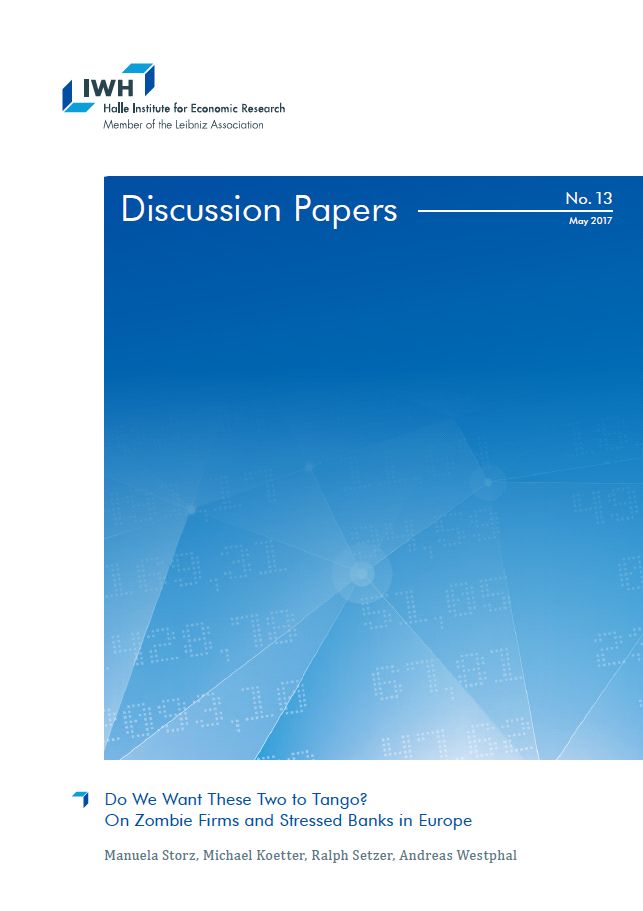
Do We Want These Two to Tango? On Zombie Firms and Stressed Banks in Europe
in: IWH Discussion Papers, Nr. 13, 2017
Abstract
We show that the speed and type of corporate deleveraging depends on the interaction between corporate and financial sector health. Based on granular bank-firm data pertaining to small and medium-sized enterprises (SME) from five stressed and two non-stressed euro area economies, we show that “zombie” firms generally continued to lever up during the 2010–2014 period. Whereas relationships with stressed banks reduce SME leverage on average, we also show that zombie firms that are tied to weak banks in euro area periphery countries increase their indebtedness even further. Sustainable economic recovery therefore requires both: deleveraging of banks and firms.

Inside Asset Purchase Programs: The Effects of Unconventional Policy on Banking Competition
in: ECB Working Paper Series, Nr. 2017, 2017
Abstract
We test if unconventional monetary policy instruments influence the competitive conduct of banks. Between q2:2010 and q1:2012, the ECB absorbed Euro 218 billion worth of government securities from five EMU countries under the Securities Markets Programme (SMP). Using detailed security holdings data at the bank level, we show that banks exposed to this unexpected (loose) policy shock mildly gained local loan and deposit market shares. Shifts in market shares are driven by banks that increased SMP security holdings during the lifetime of the program and that hold the largest relative SMP portfolio shares. Holding other securities from periphery countries that were not part of the SMP amplifies the positive market share responses. Monopolistic rents approximated by Lerner indices are lower for SMP banks, suggesting a role of the SMP to re-distribute market power differentially, but not necessarily banking profits.
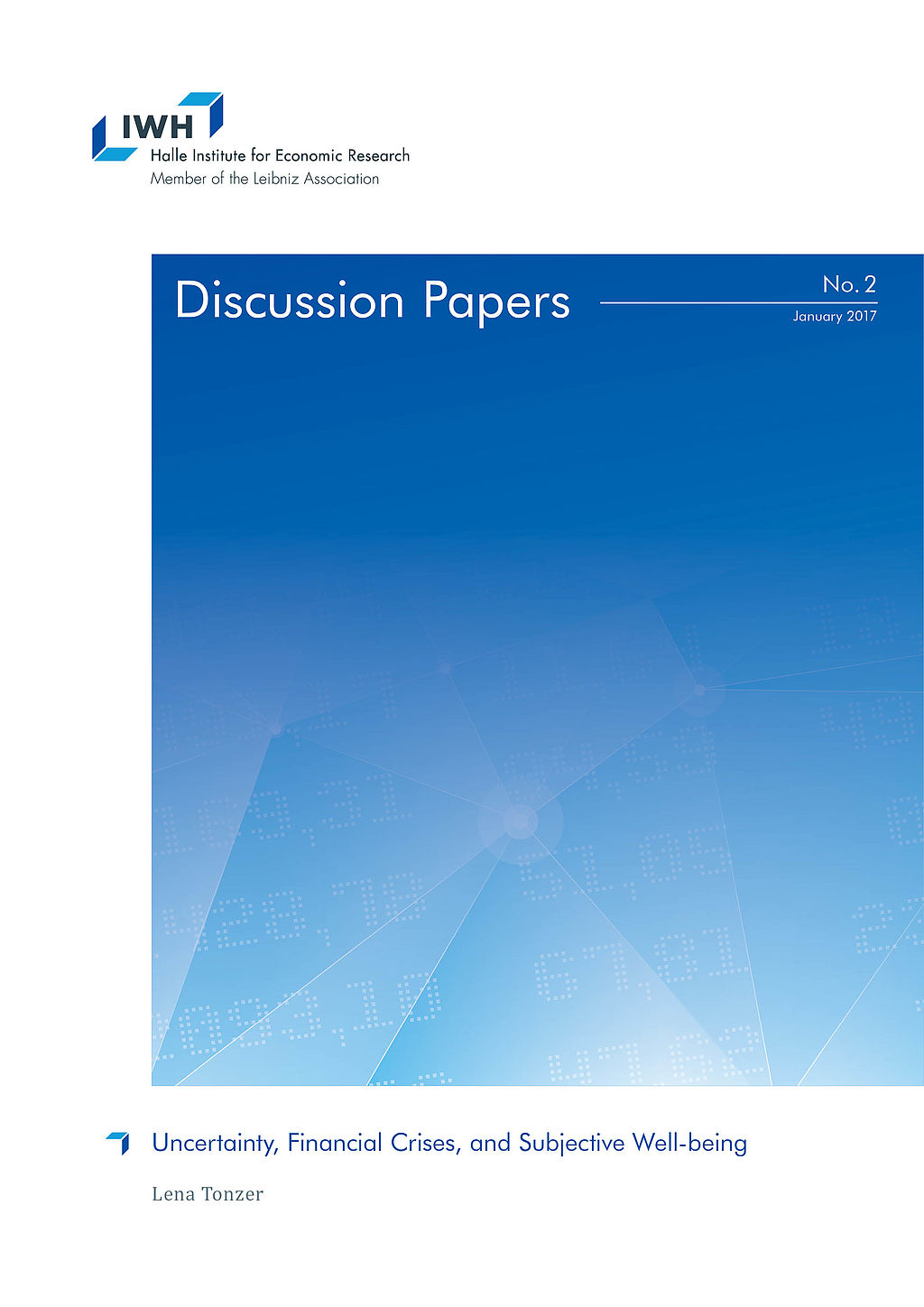
Uncertainty, Financial Crises, and Subjective Well-being
in: IWH Discussion Papers, Nr. 2, 2017
Abstract
This paper focuses on the effect of uncertainty as reflected by financial market variables on subjective well-being. The analysis is based on Eurobarometer surveys, covering 20 countries over the period from 2000 to 2013. Individuals report lower levels of life satisfaction in times of higher uncertainty approximated by stock market volatility. This effect is heterogeneous across respondents: The probability of being unsatisfied is higher for respondents who are older, less educated, and live in one of the GIIPS countries of the euro area. Furthermore, higher uncertainty in combination with a financial crisis increases the probability of reporting low values of life satisfaction.
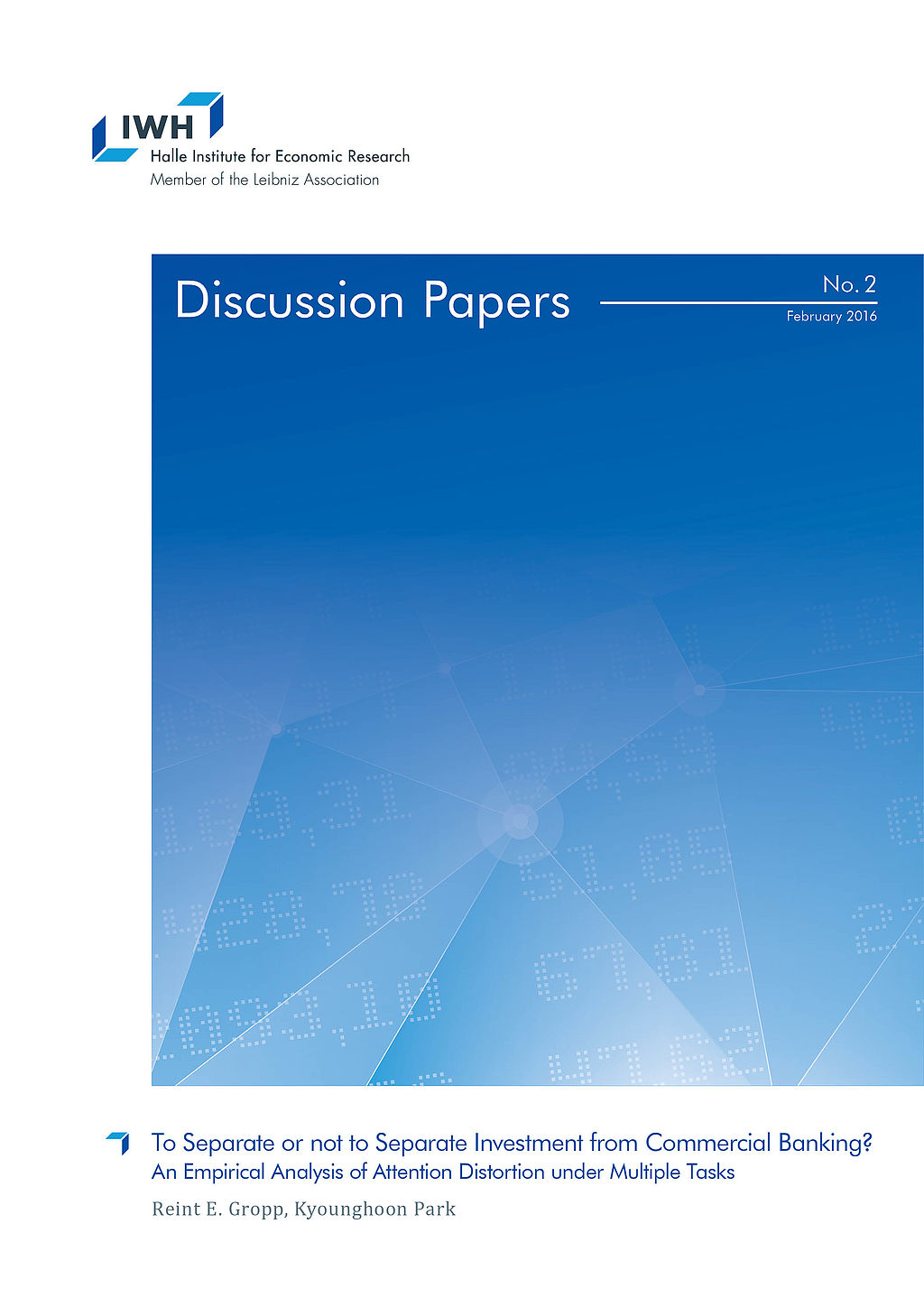
To Separate or not to Separate Investment from Commercial Banking? An Empirical Analysis of Attention Distortion under Multiple Tasks
in: IWH Discussion Papers, Nr. 2, 2016
Abstract
In the wake of the 2008/2009 financial crisis, a number of policy reports (Vickers, Liikanen, Volcker) proposed to separate investment banking from commercial banking to increase financial stability. This paper empirically examines one theoretical justification for these proposals, namely attention distortion under multiple tasks as in Holmstrom and Milgrom (1991). Universal banks can be viewed as combining two different tasks (investment banking and commercial banking) in the same organization. We estimate pay-performance sensitivities for different segments within universal banks and for pure investment and commercial banks. We show that the pay-performance sensitivity is higher in investment banking than in commercial banking, no matter whether it is organized as part of a universal bank or in a separate institution. Next, the paper shows that relative pay-performance sensitivities of investment and commercial banking are negatively related to the quality of the loan portfolio in universal banks. Depending on the specification, we obtain a reduction in problem loans when investment banking is removed from commercial banks of up to 12 percent. We interpret the evidence to imply that the higher pay-performance sensitivity in investment banking directs the attention of managers away from commercial banking within universal banks, consistent with Holmstrom and Milgrom (1991). Separation of investment banking and commercial banking may indeed be associated with a reduction in risk in commercial banking.














